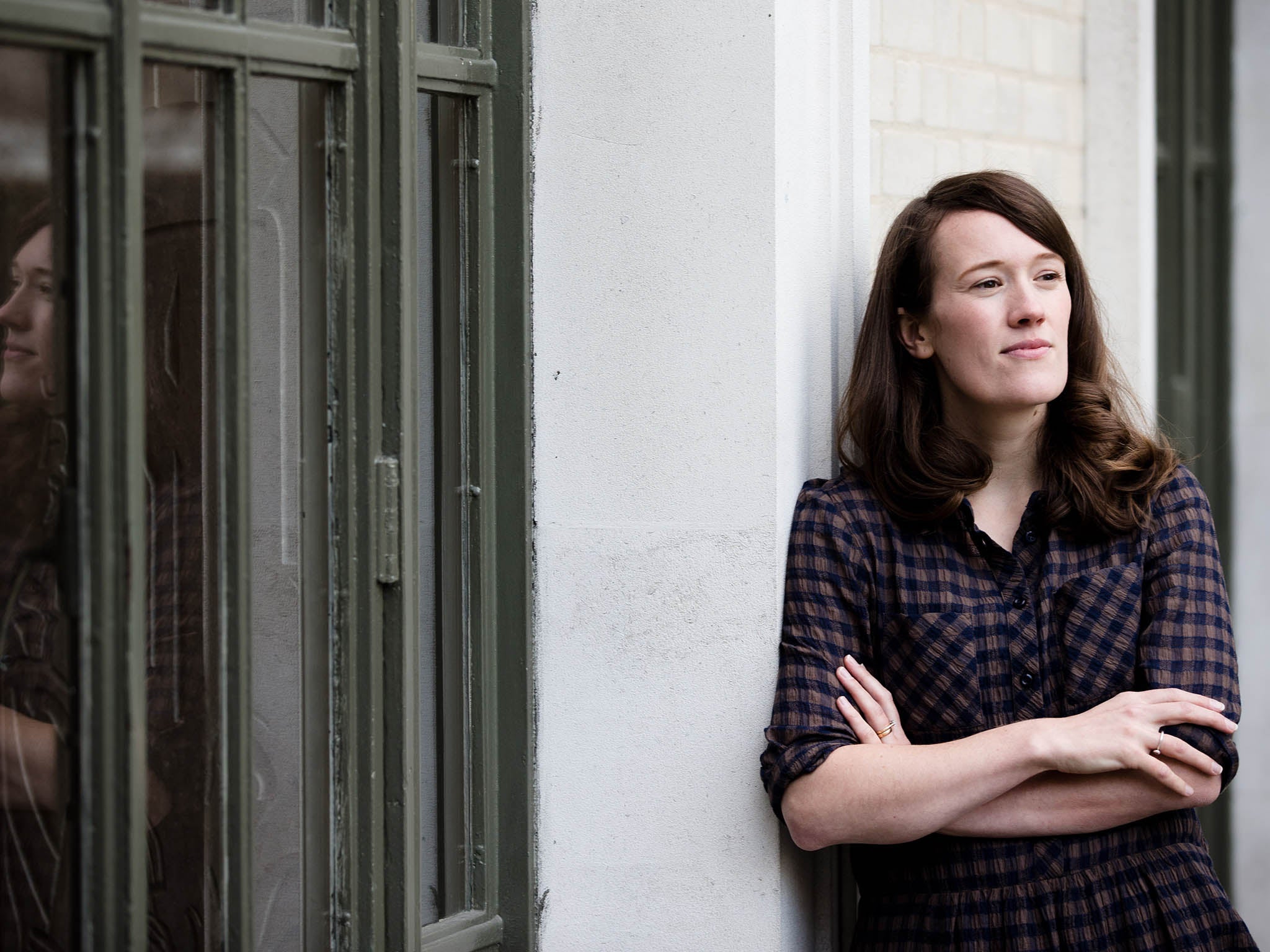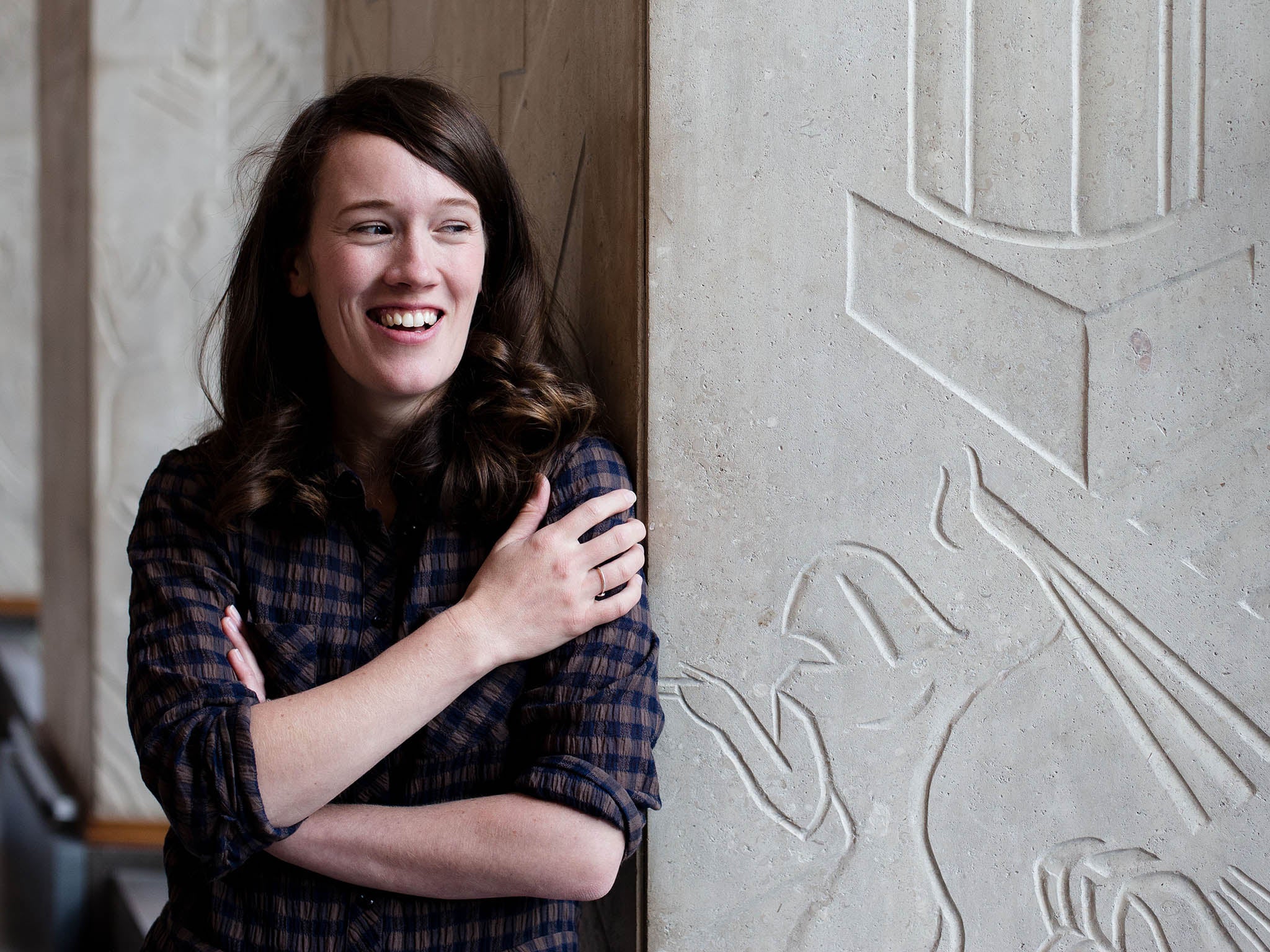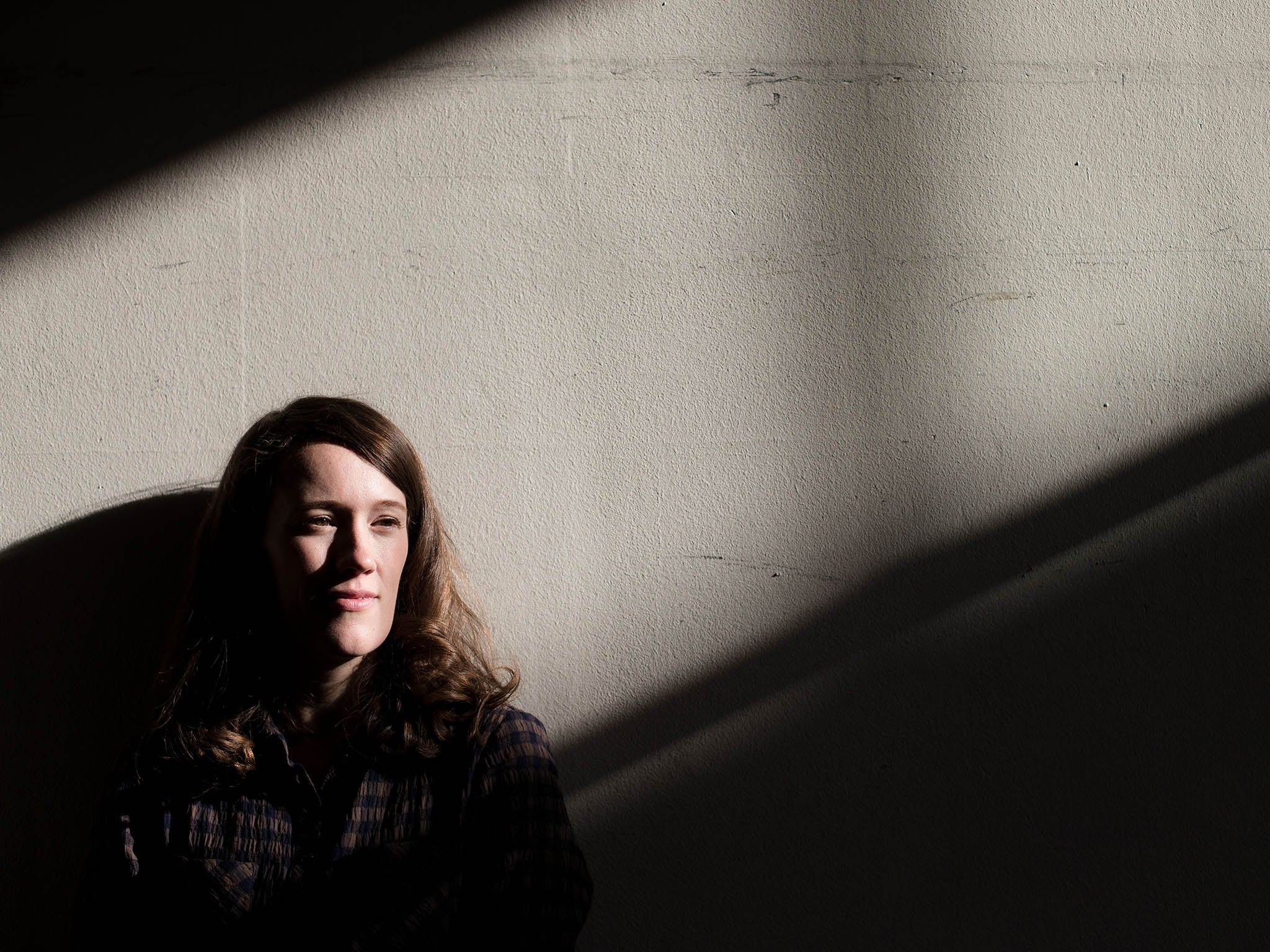Anna Smaill interview: When she thought music was her calling, writing struck a chord
'I have always wanted to write a novel, it felt like playing a new and intoxicating game and you were always trying to discover the rules'

Your support helps us to tell the story
From reproductive rights to climate change to Big Tech, The Independent is on the ground when the story is developing. Whether it's investigating the financials of Elon Musk's pro-Trump PAC or producing our latest documentary, 'The A Word', which shines a light on the American women fighting for reproductive rights, we know how important it is to parse out the facts from the messaging.
At such a critical moment in US history, we need reporters on the ground. Your donation allows us to keep sending journalists to speak to both sides of the story.
The Independent is trusted by Americans across the entire political spectrum. And unlike many other quality news outlets, we choose not to lock Americans out of our reporting and analysis with paywalls. We believe quality journalism should be available to everyone, paid for by those who can afford it.
Your support makes all the difference.Anna Smaill is jet-lagged. Having spent 30 of the past 40 hours on a plane that touched tarmac in four different countries – her homeland in New Zealand, Australia, the United Arab Emirates and finally England – I can’t say I blame her.
Despite this ordeal, Smaill is in a chipper mood. Her welcome upon landing might have something to do with it. “I got picked up at the airport,” she says with a laugh. “It was very glamorous. They had a card with my name written on it. I have arrived.”
The high-powered reception reflects the high-powered publication of The Chimes, Smaill’s superb debut novel, which is intriguing, ambitious and strikingly written. The setting is a dystopian London in which glorious music (“Onestory”) has replaced language. Into this melodious world steps Simon, an orphaned young man desperate to piece together his fractured memories. Falling in with a “Pact” who forage for precious cargo known as “The Lady”, he slowly discovers that “Onestory” possesses unsettling undertones.
As her atmospheric evocation of London suggests, 35-year-old Smaill is no stranger to the city. She lived there with her novelist husband, Carl Shuker, while researching a PhD on modern American poetry at UCL. Indeed, inspiration for The Chimes first struck on a London bus after Smaill had quit a summer job in legal publishing. “It was my worst nightmare combined. Talking on the phone and lawyers. I was [on the way home] and heard Simon’s voice. That sounds like writer bullshit, but I felt like he was there. I had to create him.”
The story’s origins reach even further back. Born in Auckland, she seemed set for a career in music. Smaill took up the violin aged seven. “I was an intense, solipsistic teenager seeking this all-consuming focus for my idealism. Music was that place. If I had been religious, I would probably have tried to join a nunnery.”
Smaill describes herself as an “OK violinist” rather than any sort of prodigy. When the experience of playing was good, it was very, very good. “Transcendent. There was almost a meditative quality. That deep concentration is deeply rewarding. You reach these points where you reach this creative peace.” When it was bad, however: “I had this sense of a body that was not obeying my behests. My fingers not moving fast enough, my bow arm not being as controlled as I would want.”

Smaill was talented enough to earn a place on Canterbury University’s Performance Music Degree, which was where the wheels came off. “Suddenly, I didn’t know what I was doing. I freaked out basically. My fantasies were suddenly incompatible with the reality, which was being taught by this strict, exacting Polish violinist who was slightly dictatorial.”
The combination of having her technique overhauled and living away from home at 17 resulted in a crisis of confidence that left Smaill unable to listen to music much less play it. “It felt slightly apocalyptic. Everything – the way in which I think, the way in which I understand knowledge and myself, memory and emotion – was affected.”
It is noticeable that Smaill, like her characters, found solace in language. “I wrote my way through it. I was keeping journals. That was a kind of life-line.” Writing The Chimes provided similar consolation almost a decade later. Having finished her thesis, she found herself almost as directionless as after she gave up the violin. “I was at a crossroads, trying to work out what to do. I always felt like a square peg in a round hole in academic space.”
The quest for a stable identity and meaningful path through life also defines The Chimes. At its heart is Smaill’s invention of “Onestory”, a force at once beautiful and terrifying, socially unifying and illusory. Smaill drew on Hermann Hesse’s The Glass Bead Game, Vladimir Gavreau’s theories of infrasound and her own memories of Tokyo. “We lived next to a small, dusty square. Every morning loudspeakers would start at 8am. Elderly people would come out and do choreographed calisthenics routines.”
When I suggest that “Onestory” felt like critique – of the potential of art to spellbind mass audiences or the grim attractions of fundamentalism – Smaill agrees, but with reservations. “‘Onestory’ is not only a malign force. There is something desirable about having our existence ordered in some way, about life cohering and things being answered for you.”

Smaill prefers to draw comparisons between her characters’ struggles with chaos and her own character. “In some ways I am addressing my own tendencies. I think I need to embrace mess more, learn to be tolerant of uncertainty. Having a child really teaches you the wonder of making mess. As a parent I have to tamp down my OCD tendencies. You should see our house.”
The Chimes too draws an appealing portrait of home – appropriate given that Smaill completed the novel after returning to New Zealand, albeit Wellington this time. After the grim mood of austerity London, this represented another creative liberation. “It felt like you were stepping into a Day-Glo experience of New Zealand. The natural world assaults you. You smell grass. The sun is so bright. There’s a freshness and a sense of possibility. The freedom of being in a place that has a strong literary culture and also a pre-existing Maori literature.”
In one obvious respect, New Zealand’s literary culture has strengthened during Smaill’s absence thanks to Eleanor Catton’s Man Booker win. Yet not everything is rosy as a recent spat between Catton and a pack of predominantly right-wing commentators proved. Catton was essentially upbraided as too big for her boots after criticising government cuts to arts funding.
“It’s embarrassing, frankly,” Smaill says. “Who better to give a qualified political opinion than someone who has proved herself at the top of her intellectual and creative game? The general consensus amongst writing and thinking New Zealanders is that she is absolutely entitled to her opinion. She is brave. She is putting herself out there.”
Smaill cites the closure of publishers both great and small to support Catton’s general arguments. Her worry is not only how this will limit opportunities for New Zealand writers, but restrict the kinds of subjects they will attempt. She cites the English setting of her own novel as evidence.
“This was a natural step for me. But if you write a book that speaks to New Zealanders, is that going to allow it to have a commercial release on an international stage? What are the requirements for a novel to translate into a world audience?”
For now, though, it is enough that Smaill has fulfilled a long-cherished creative desire. “I have always wanted to write a novel. It felt like playing a new and intoxicating game and you were always trying to discover the rules. It was challenging and difficult, but it was a lot of fun the whole way through.”
Join our commenting forum
Join thought-provoking conversations, follow other Independent readers and see their replies
Comments